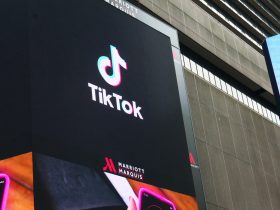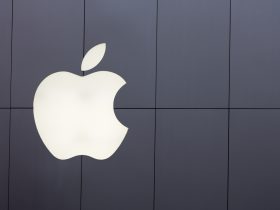Whoop, a Boston-based fitness-tracking wearables brand, has been valued at $3.6 billion after closing a $200 million investment round led by the Japanese technology investment conglomerate SoftBank. Whoop, which produces a nylon wristband packed with fitness and health-monitoring sensors, already included the basketball superstar LeBron James and Irish golfer Rory McIlroy among its investors. To date, the company has raised a total of $400 million to date.
Founded in 2012, Whoop originally targeted professional athletes with its high-end wearable technology that collects data, which can be shared with trainers and coaches. However, it has since evolved into a more mainstream market of fitness enthusiasts. The business operates the kind of subscription model investors love and charges users in the UK £30 a month.
As well as fitness tracking during exercise, the Whoop wristbands also monitor a wearer’s overall health, and any changes, by collecting data on vitals such as heart rate and sleep patterns. The professional golfer Nick Watney said he requested a Covid-19 test last year after his Whoop detected abnormalities in his respiratory rate. The test came back positive, making him aware of the infection earlier than he otherwise would have.
The pandemic period has been a positive for brands in the fitness-tracking wearables sector like Apple, Fitbit and Garmin, which have all seen sales rise thanks to people working from home exercising more and taking an increased interest in their health generally.
The global fitness tracker market was worth $36.34 billion in 2020 and is expected to grow to $114.36 billion by 2028 at an average CAGR of 15.4%. The most common activity wearables are used to track is running, followed by cycling and general sports activity. Other popular metrics tracked are heart rate, sleep patterns and glucose levels.
![]()
Source: FortuneBusinessInsights
The huge amounts of anonymised health and other physical data now being gathered by fitness trackers is expected to have a major impact on our future ability to spot clues that could offer an early warning sign of potential problems. As the technologies develop and sensors become more advanced many expect health and fitness trackers to become a standard of daily life in the developed world and relied upon to let us know when we should go and see a doctor.








